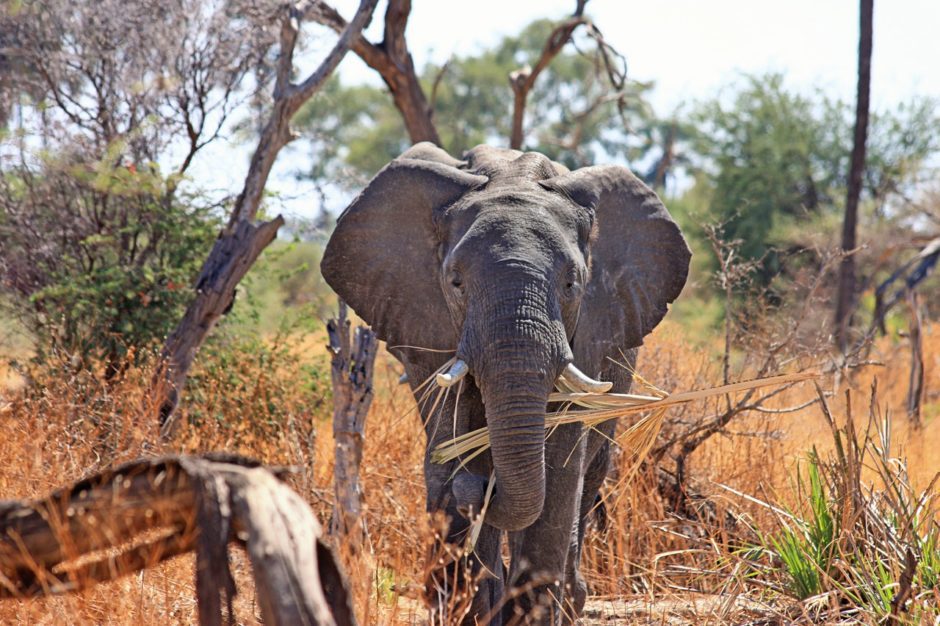Africa is a very special place and while there is so much to see and do on the continent, one of the biggest reasons people visit is to get in touch with nature in the most raw and real way possible. There are very few places on earth that offer visitors the opportunity to enjoy untouched landscapes where nature plays out in its purest form; where wildlife can be spotted in their natural habitat, entertaining the passersby with their instinctual plays. Going on a safari should definitely feature on your African travel bucket list as it’s an experience so profound, and one which will be etched into your heart for as long as you live.
If you are considering going on a safari you may want to take a look at our ultimate guide to ensure you are fully prepared for this adventure of a lifetime!
Pick a Great Safari Location
First and foremost, it’s essential that you pick the ideal safari destination for you and your needs. Yes, you could choose the popular safari destinations such as Kenya or Botswana, but if you value privacy and exclusivity we recommend you think outside the box too. There are many incredible safari locations which are exclusive, luxurious and will offer you fantastic wildlife sightings and which are situated in parts of Africa that you may never thought of visiting but are absolutely magnificent. There is luxury accommodation in the Karoo for example, with some places known for their abundance of wildlife and amazing safari excursions. The Karoo is a must-visit if you’re traveling through Southern Africa; it’s a true hidden gem that oozes raw beauty and unrivaled tranquility. So, give it a thought when booking your safari adventure!
Get Prepared
It’s important that you are informed about all aspects of the safari experience so that you are able to fully enjoy your journey – which is why we have created this post! Many visitors think safaris are just day-time excursions/activities that don’t require much thought or preparation, but this couldn’t be further from the truth. See our list below to ensure you are fully prepared!
Wear the correct colour clothing
The colour of your clothing should fit in with your surroundings so as not to attract attention. We’d recommend you wear clothing that is dark green/beige in colour. Avoid black, white and any bright colour. This is largely for your own safety as well as to keep cool in the blistering African heat.
Pack binoculars and a camera
You don’t want to forget these essential ‘tools’! Binoculars are important as some species shy away from humans – and some prefer to laze high up in the trees. You don’t want to miss a magnificent sighting because you don’t have X-ray vision! And of course a camera is a no brainer, especially if you are keen to try your hand at wildlife photography.
Pack in a warm jacket
A safari isn’t just a day time activity. Some species only come out at night, so you are sure to go on many an evening/night time safari excursion. Don’t be fooled by the heat you feel during the day, however; the night air is incredibly chilly especially out in the desolate grasslands, so make sure you are prepared. Take a warm windbreaker, or zip up jacket, and you may even want to pack in a beanie or even a pair of gloves!
Wear the correct shoes
Some safari lodges offer walking safaris, which are just as incredible as the game drives. Most times you aren’t walking in dangerous territory, but you are walking through tough terrain; which is why it’s essential that you wear the correct shoes. The walking safaris can sometimes be as long as three hours, so you’ll want shoes that are comfortable, offer great ankle support, and are waterproof.
Make safety a priority
Listen to your guide
When on a safari, you need to remember that you are surrounded by some of the world’s most dangerous predators. You are in their territory and you need to respect their space. It may sound scary, but your guide will give you all the safety instructions you need, and if you adhere to them you will be more than okay! Just a few safari safety tips: do not leave the van unless instructed, don’t try and touch the wildlife, don’t feed them and don’t litter. It’s important that you also remain quiet when near them to ensure you don’t scare them away or alert them in a way that could be dangerous to you.





